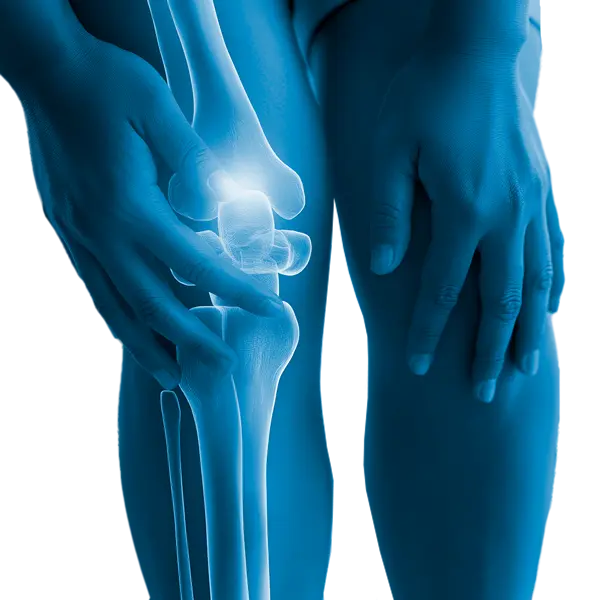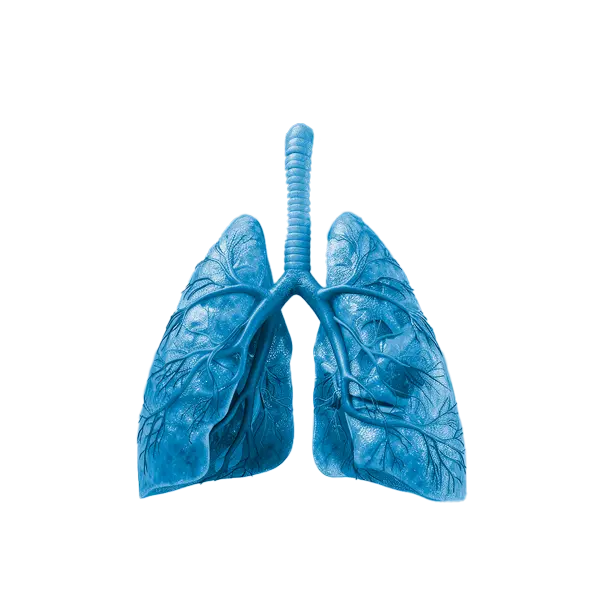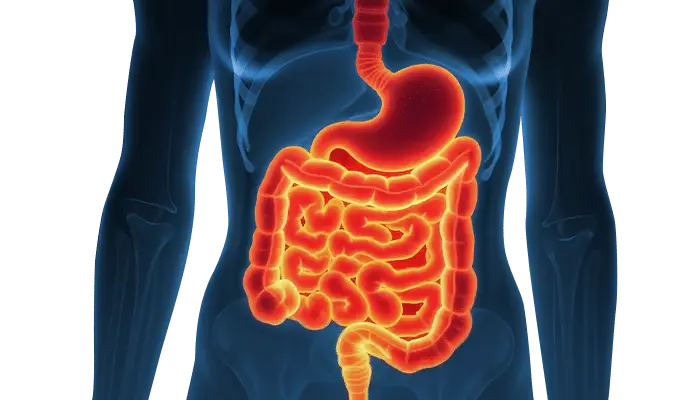Autoimmune


Rheumatoid Arthritis
It is a chronic, inflammatory, autoimmune disease that destroys multiple joints, causing pain, swelling, and stiffness. It also increases cardiovascular risk. Stem cells are emerging as an innovative immunomodulatory therapeutic option, associated with decreases in inflammatory markers and clinical improvement. By treating joint symptoms and reducing inflammation, stem cell therapy improves quality of life and helps mitigate cardiovascular risks.
Systemic Lupus Erythematosus
It is a serious autoimmune disease that causes inflammation in various tissues such as the skin and joints, as well as internal organs like the heart and kidneys. Among autoimmune diseases, it has strong evidence supporting the benefits and safety of stem cells thanks to their anti-inflammatory and immunomodulatory properties.


Psoriasis
Stem cell therapy offers several potential benefits for people with psoriasis, such as reducing inflammation by modulating the immune response; promoting regeneration of skin cells to help heal psoriatic lesions; and decreasing plaque formation by normalizing the accelerated proliferation of skin cells. Unlike traditional treatments, which only provide temporary relief, stem cell therapy may offer more durable effects by targeting the underlying causes of the disease.
Systemic Sclerosis
This is a chronic autoimmune connective-tissue disorder that causes hardening and tightening of the skin. It also affects the joints, internal organs, and blood vessels. Treatment options have been limited, and medications that can help often have a narrow safety margin. Cell therapy has emerged as an option that is not only safe but also capable of correcting many of the inflammatory and immune abnormalities that characterize this disease.


Atopic Dermatitis
This is a chronic inflammatory condition that causes itching, dryness, and inflamed skin. Stem cells have emerged as a potential strategy for treating allergic diseases because of their immunoregulatory and anti-inflammatory properties.
Asthma
Stem cell therapy offers several potential advantages for patients with asthma, such as reducing airway inflammation and hyperresponsiveness, which can improve lung function and breathing capacity. This therapy may provide longer-lasting relief than conventional treatments by addressing the immune disorder and reducing the frequency and severity of asthma attacks.


Autoimmune Diseases of the Digestive Tract
Inflammatory bowel disease (IBD) includes three types: chronic IBD, ulcerative colitis (UC), and Crohn’s disease (CD). Clinical studies indicate that stem cell–based regenerative medicine can effectively reduce autoimmune inflammation and stimulate repair of the intestinal mucosa. These therapies have been associated with longer remission periods, fewer hospitalizations and surgeries, and reduced medication use.
Additional services
Related treatments
Brain and spinal cord
Accelerate neurological recovery with our advanced ...
Joints
Restore your mobility and alleviate pain through ...
Aging
Frailty syndrome is characterized by a reduction ...
Sports
Accelerate your recovery and boost your ...
Beauty
Achieve healthier skin with our beauty-focused ...
Sex and reproduction
Enhance your performance, improve fertility, and ...
Organs and Tissues
Enhance organ function by targeting critical ...









